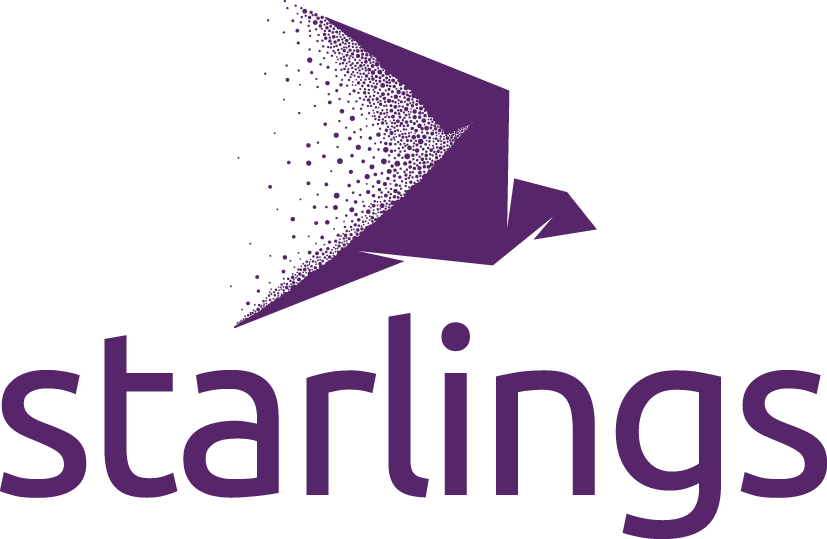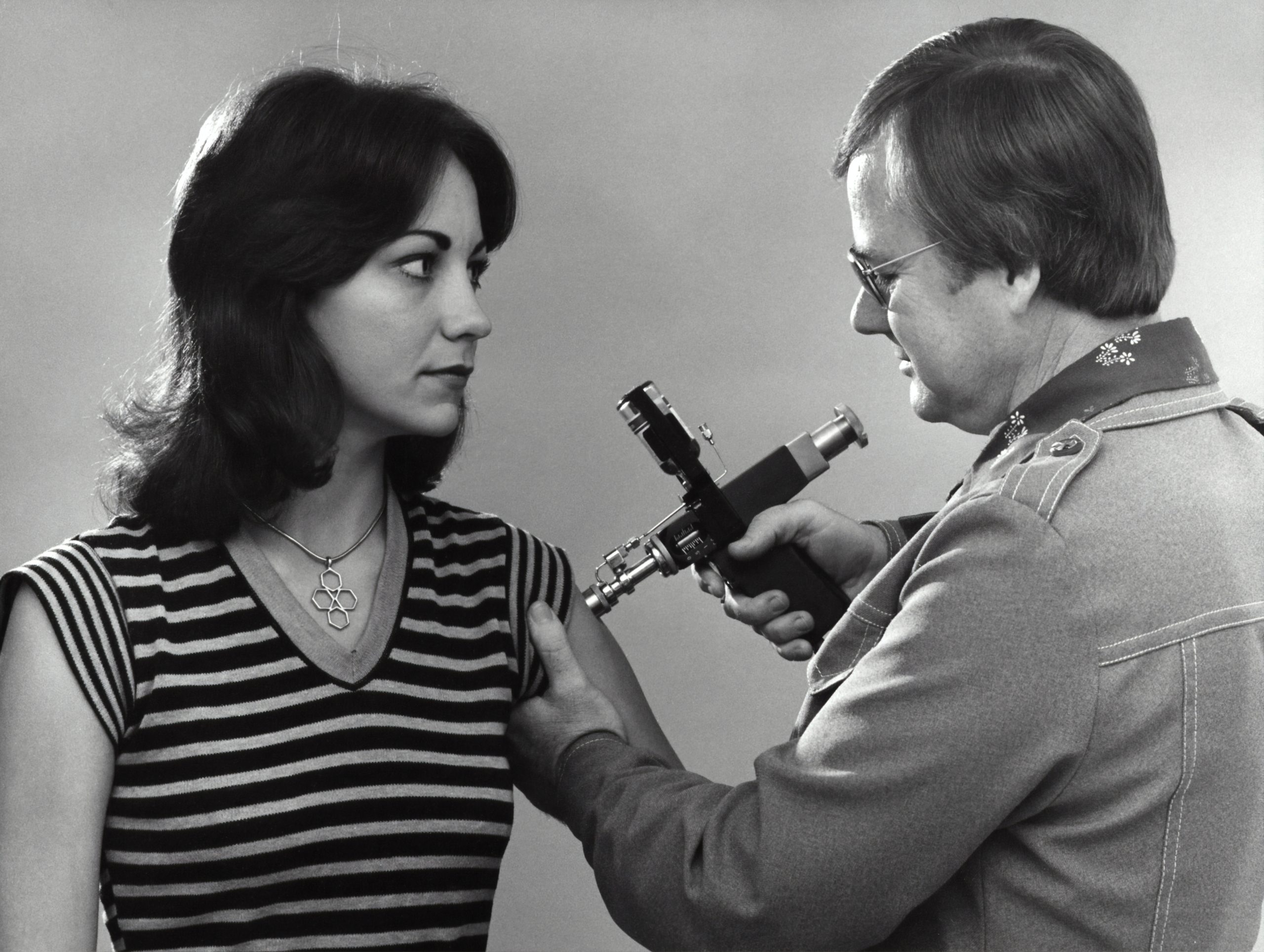09 Feb How to Avoid a Healthtech Bust
For healthcare tech, 2020 was the “most-funded year in history,” witnessing a staggering $21.5 billion, or a 55% increase in investment dollars over the previous year. Gung-ho investors are quite certain that this boon couldn’t possibly lead to a bust – and I’d like to believe them. But we’ve seen these hot-and-heavy romances between investors and startups flame out before, particularly with startups that didn’t have the goods to match the hype (looking at you, Theranos). It is likely that the coming months will expose COVID contortionists, struggling companies with limited to no relevant expertise that bent themselves into knots to appear to offer COVID solutions. When the inevitable headlines start exploding, I hope seasoned investors don’t get distracted by the noise. For many investors, the desire to back a startup in this space was driven by a call to arms in the face of a deadly foe. But even these investors...





